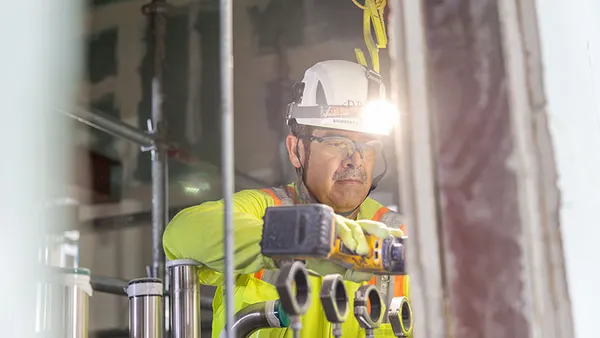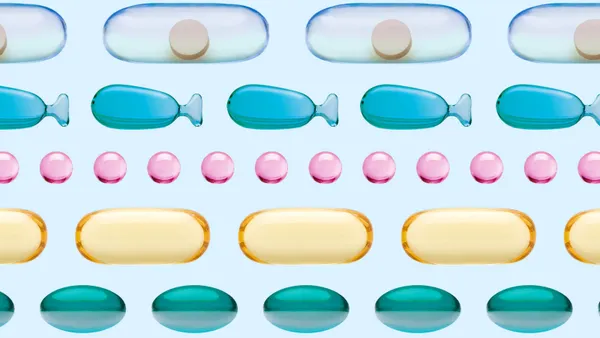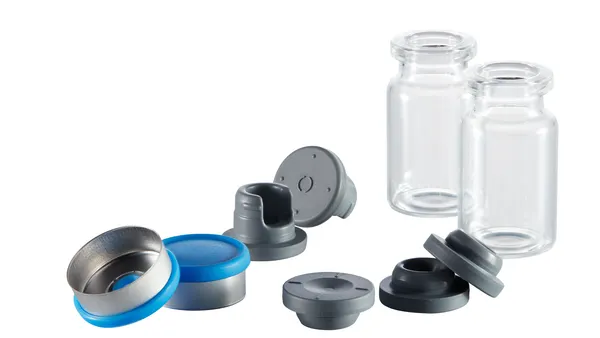Dive Brief:
- Covance, a contract research organization (CRO) owned by Laboratory Corp. of America Holdings, announced March 9 a new offshoot in an immunology and immunotoxicology (I&I) unit, to focus on biologics.
- The new division will feature enhanced bioanalysis services, helping clients collect the analytical testing data required for regulatory submissions. It will specifically focus on in vivo testing.
- Measuring the effects of an investigational biologic on immune stimulation and function is especially critical now that there are so many immunotherapies in the pipeline — and according to a recent Research and Markets report, the global in vivo toxicology market is expected to hit $6.1 billion by 2022 from an estimated $4.4 billion in 2017.
Dive Insight:
Analytical tests have always been an important part of the drug development process, especially for biologics, which are derived from living cells. Drugs that stimulate the immune system, whether through suppressing it or ramping it up, could potentially cause other issues, such as increased susceptibility to infection or autoimmunity. For example, there have already been reports of patients with melanoma who are treated with immune checkpoint inhibitors developing the autoimmune condition vitiligo.
Because generating data to support risk assessment is so important for the advancement of immunomodulators, Covance aims to cash in on the wave of products in early development stages that work through immune-related mechanisms.
Covance, which was acquired by LabCorp in 2015, reported "mixed" results in its drug development business in an April 2017 earnings statement, but remained optimistic: It hinted that planned "long-term structural changes" in this division would eventually make the business more efficient.
Sue Maynard, vice president of corporate communications at LabCorp, told BioPharma Dive in an email that biologics often require more individualized development plans than toxicology processes for a small molecule.
"So, while Covance has always [supported] and will continue to support immunotoxicology endpoints for small molecules, we are building our new I&I group specifically to handle the innovative and complex approaches more typically required by biologics."
Covance's new offering adds to its already existing services in flow cytometry, immunoassays, and biomarker- and cell-based assays. Although the company did not specify which specific tests assessing immune toxicity will be added as a result of the creation of the I&I cohort, it did say it will develop novel assays and validation techniques to identify issues that could lead to immune-related adverse events.
Creating more sensitive tests to detect biologic markers of immune impairment appears to be a pillar of Covance's I&I business plan to woo more clients seeking help for first-in-human and first-in-patient studies.
Prior to the launch of the I&I unit, Covance doubled its facility footprint in 2017 via expansions to its U.S., Germany and U.K. locations; the U.K. site specifically boosted the company's large-molecule drug capabilities. Covance also opened a brand-new lab in June 2017 in Morrisville, North Carolina dedicated to companion diagnostics — a market that also involves immunotherapies.
"Biologics make up more than one-third of biopharma's pipeline," said John Ratliff, CEO of Covance, in a statement. "Integrating our scientific and operational know-how into a seamless group allows us to deliver even richer scientific insights and faster cycle times for clients' biologic programs, which helps our clients bring cutting-edge new drugs to patients faster."











